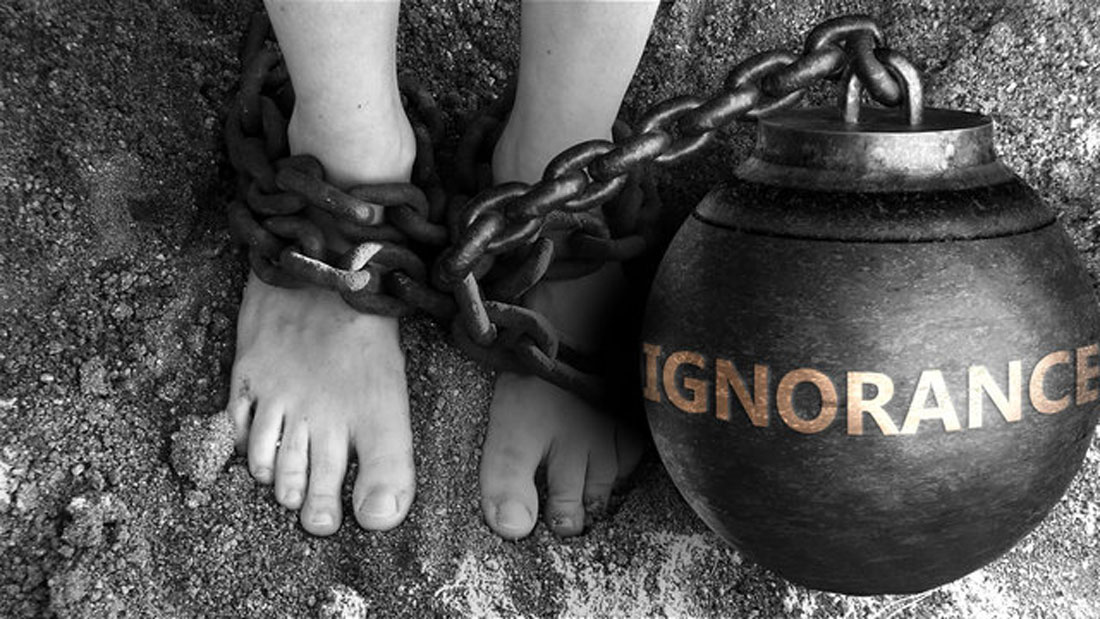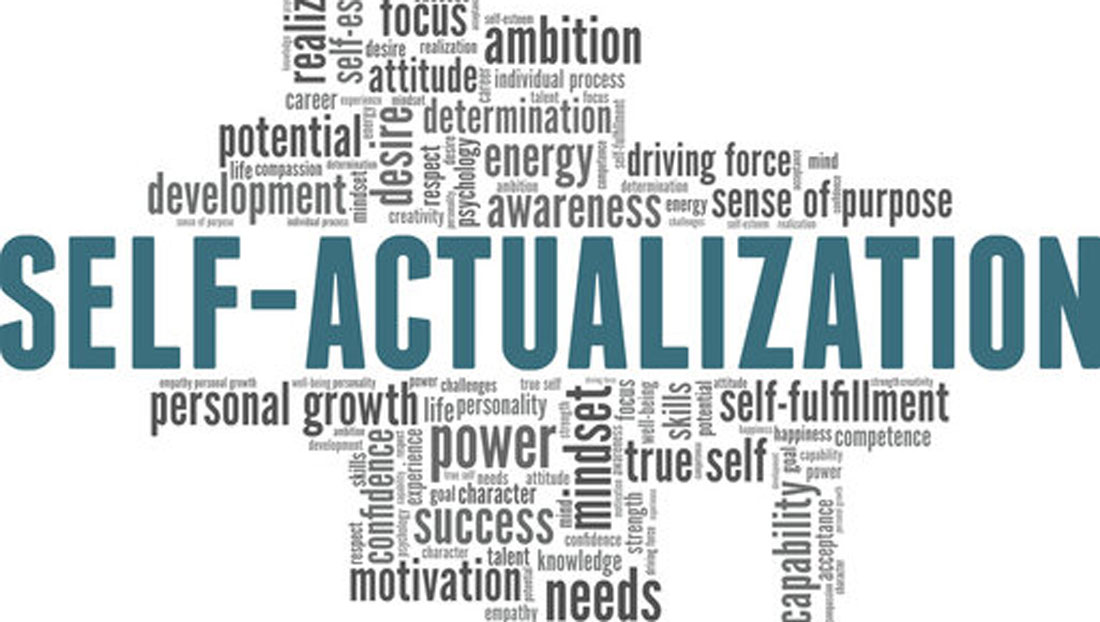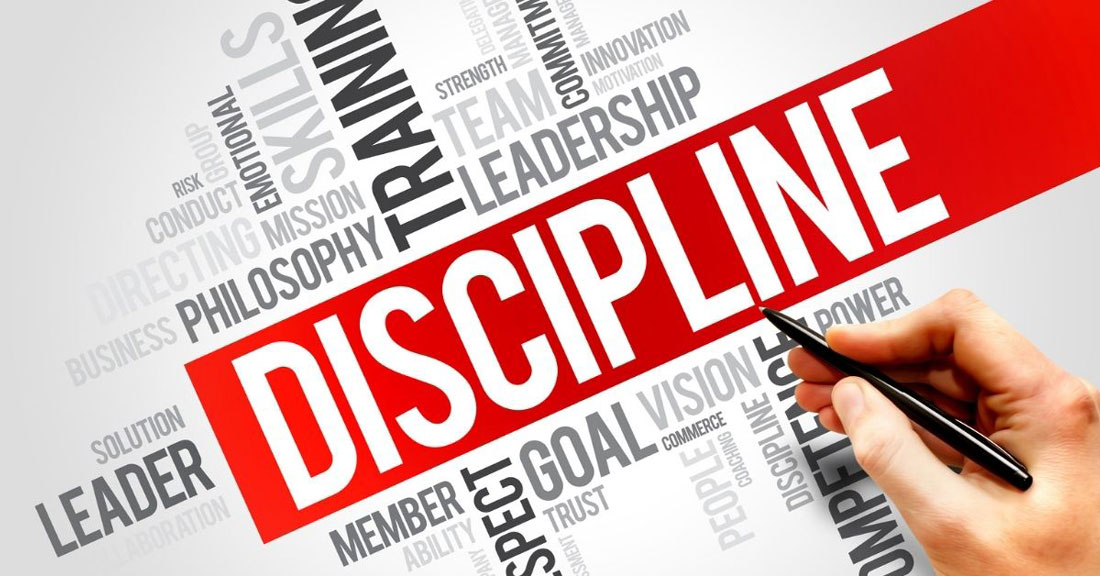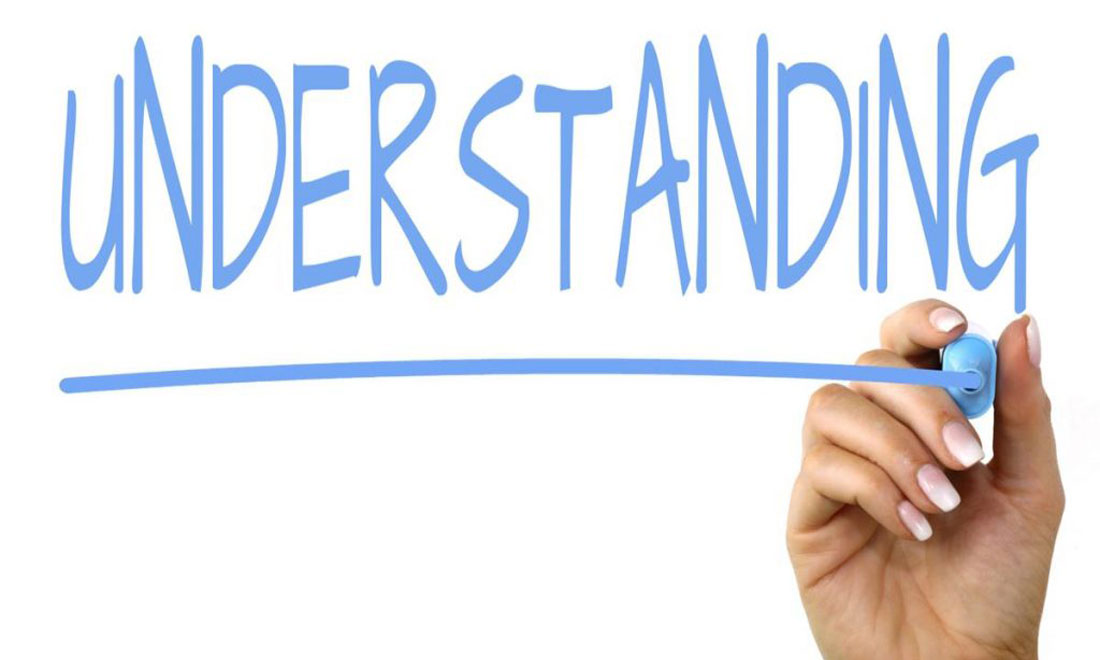Let’s face it, the journey to the top isn’t a walk in the park, especially for low-income earners. Have you ever wondered why so many people, despite their best efforts, find themselves stuck in a cycle of financial struggle?
They work hard, but the top seems always out of reach. The reality is, the world’s wealth is concentrated in the hands of a very few, with less than 1% of the population controlling nearly half of it. So, what’s keeping low-income earners from climbing that financial ladder? Let’s dig in.
The Perception Problem
One of the biggest hurdles is the mindset. Many low-income earners believe that the wealthiest 1% have rigged the system, making it impossible for anyone else to get ahead.
This perception can lead to a victim mentality, where people start to believe that they’re destined to remain where they are, hoping for handouts instead of striving for success. But here’s the truth: most of the wealthiest people didn’t just inherit their money; they worked hard for it.
Sure, a handful might have been born into wealth, but the vast majority built their fortunes from the ground up. The real question is, do we emulate their strategies, or do we keep waiting for a handout?
Also Read: Ways To Balance Family and Career Goals
Why the Climb is So Tough: Key Challenges
Let’s break down some of the critical reasons why low-income earners often struggle to move up the financial ladder:
Lack of Perseverance

One of the most significant reasons low-income earners struggle to reach the top is the lack of perseverance. Perseverance is the ability to keep pushing forward, even when the road is tough and full of obstacles.
Many successful individuals faced countless failures before achieving their goals. For instance, Thomas Edison, known for inventing the light bulb, failed numerous times before finally succeeding. The difference between those who eventually make it and those who don’t often lies in their ability to persist despite setbacks.
Unfortunately, many low-income earners become discouraged after a few failed attempts, convincing themselves that success isn’t within their reach.
Ignorance

Ignorance, or the lack of knowledge, is another major barrier to success. Many people don’t realize how crucial it is to educate themselves continuously, especially in areas that can improve their financial situation.
Hard work alone isn’t enough; you also need to work smart, and that requires knowledge. Ignorance keeps individuals stuck in unproductive routines, unaware of the strategies and opportunities that could lead to better outcomes.
Without recognizing the gaps in their understanding, low-income earners often miss the chance to learn and apply new methods that could lift them out of poverty.
Lack of Self-Actualization

Self-actualization refers to the process of realizing and fulfilling one’s potential. It’s about understanding who you are, what your strengths and weaknesses are, and using that knowledge to achieve your goals.
Wealthy individuals often have a strong sense of self-actualization—they know what they’re good at and what they need to work on, and they focus on maximizing their strengths. In contrast, many low-income earners may feel trapped by their circumstances and never take the time to explore their true potential.
This lack of self-awareness can prevent them from pursuing opportunities that align with their talents, further hindering their progress.
Knowledge Deficit

Knowledge is power, and without it, individuals are at a significant disadvantage. In today’s information-rich world, access to knowledge has never been easier, yet many people fail to seek it out.
Low-income earners often lack access to practical knowledge about escaping poverty or improving their financial standing. This knowledge deficit means they may not be aware of the steps they can take to improve their situation, such as budgeting, investing, or pursuing additional education.
The wealthy, on the other hand, actively seek out and apply knowledge to grow their wealth, creating a gap that can be hard to bridge.
Lack of Wisdom

Wisdom is the ability to apply knowledge effectively. It’s one thing to know what to do, but it’s another to know how and when to do it.
Many low-income earners struggle with applying the knowledge they acquire, either because they don’t fully understand it or because they lack the confidence to implement it. Without wisdom, even the best knowledge can go to waste, leading to missed opportunities for growth and success.
Pride

Pride can be a significant barrier to success. Those who are too proud to seek help or admit they don’t know everything often miss out on valuable learning opportunities.
Humility, on the other hand, allows individuals to remain open to new ideas and advice, regardless of their source. A proud person may reject advice from someone younger or less experienced, missing out on potentially life-changing insights.
This unwillingness to learn from others can keep low-income earners stuck in their current situation, unable to progress.
Poor Financial Discipline

Financial discipline is a critical factor that separates the wealthy from the poor. The wealthy are often disciplined with their money—they save, invest, and spend wisely.
In contrast, many low-income earners lack this discipline, leading to poor financial decisions that can keep them trapped in a cycle of poverty.
Without self-control and a clear financial plan, it’s easy to spend money on unnecessary items or fail to save for the future, making it difficult to achieve long-term financial stability.
Lack of General Discipline

Discipline extends beyond finances to all areas of life. It involves regulating one’s behavior and activities to achieve specific goals. Wealthy individuals often have strict routines and are committed to their personal and professional growth.
They don’t waste time on unproductive activities but instead focus on tasks that add value to their lives. In contrast, low-income earners may lack a clear plan for their lives, leading to wasted time and missed opportunities. Without discipline, it’s challenging to make consistent progress toward achieving success.
Negative Perception

Perception plays a crucial role in shaping our actions and outcomes. How you view yourself and your situation can directly impact your success.
If you believe you’re destined to fail or that you’re not capable of achieving great things, your actions will likely reflect that belief. On the other hand, a positive perception can drive you to take bold steps and pursue your goals with confidence.
Unfortunately, many low-income earners develop a negative perception of themselves and their abilities, which can become a self-fulfilling prophecy.
Lack of Understanding

Understanding is the ability to grasp the meaning or importance of something fully. It’s not enough to have access to knowledge; you need to understand how to apply it effectively.
Many low-income earners struggle because they don’t fully understand the principles that could help them improve their lives. Without understanding, they can’t apply knowledge in a way that brings about positive change.
This lack of understanding can lead to the misuse or underuse of valuable information, preventing them from reaching their full potential.
Final Thoughts
The journey to the top is filled with challenges, especially for low-income earners. However, by addressing these key issues—lack of perseverance, ignorance, lack of self-actualization, knowledge deficit, lack of wisdom, pride, poor financial discipline, general lack of discipline, negative perception, and lack of understanding—anyone can improve their situation.
Success requires more than just hard work; it demands a change in mindset, a commitment to learning, and the discipline to apply that knowledge effectively. By focusing on these areas, low-income earners can begin to climb the financial ladder and create a better future for themselves and their families.
